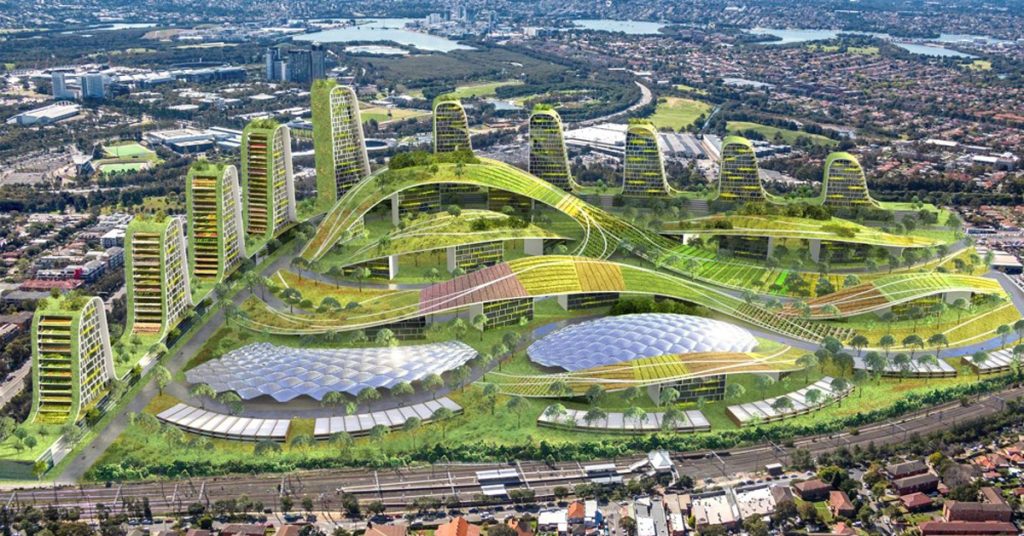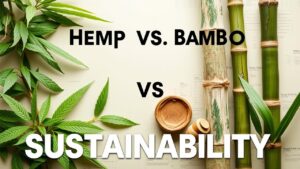Introduction: The Green Urban Vision (Word Count: 80)
Urban sustainability represents the dream of a balanced urban ecosystem. Yet, the success of this dream hinges on community engagement. Despite the clear benefits, there are multiple barriers to community participation. This article uncovers these barriers and offers strategies to overcome them, based on literature review and case studies.

Section 1: Understanding the Barriers
Literature Review Insights
Delving into the literature review reveals a recurring theme – lack of trust, different community perspectives, and the absence of incentives are significant barriers to community participation in sustainable urban development projects.

The Complex Urban Context
The urban context is multifaceted, with challenges and opportunities that influence community participation. From governance issues to decision-making processes, several factors can deter active participation.
Symptoms of the Urban Stream: A Case Study
Examining the hydrologic symptoms of the urban stream case reveals how neglecting community engagement can lead to environmental policy failures, underscoring the importance of overcoming barriers.
Section 2: Strategies to Overcome Barriers
Building Trust: The Cornerstone
Building community trust is essential. Establishing transparent engagement processes, incorporating community input, and demonstrating tangible results can facilitate trust-building.
Offering Incentives: The Motivator
Incentives can spur greater community participation. Whether it’s through voluntary participation rewards or benefits from capturing urban runoff with competitive bidding, motivation can lead to more community involvement.
Collaborative Decision Making
Promote a collaborative approach in decision-making processes, ensuring the entire community feels they have a role to play. Planners and local communities can co-create development strategies, ensuring community-driven outcomes.
Enhancing Awareness: The Educator’s Role
Educate and increase community awareness about the benefits of sustainable urban practices. Seminars, workshops, and development activities can enlighten the public about the importance of their role in urban sustainability.
Best Practice Engagement Approaches
Using best practice engagement approaches, like workshops and community engagement activities, can create an environment of inclusivity. Tools such as community engagement platforms can help streamline the engagement process.
Building Social Capital: The Unseen Force
Strengthening the social bonds within the community boosts social capital. This creates a more united community, better positioned to face urban challenges.
Integrating Science and Community Values
A bridge between scientific research and community values ensures development plans reflect both community needs and environmental requirements.
Section 3: The Future Landscape of Urban Sustainability
Embracing a Community-Centric Approach
For urban development projects to succeed, a community-centric approach must be at the core. This means that every community member, stakeholder, and planner works together towards a sustainable urban future.
Investing in Community Capacity
By investing in community capacity, ensuring they have the tools, knowledge, and resources to engage, we pave the way for enhanced community participation in sustainable development.
The Promise of a Green Urban Tomorrow
As we integrate these strategies, overcoming barriers to community participation, the vision of a green urban future becomes achievable. Every step, from improving urban waterways to developing sustainable infrastructure, will have the community’s backing.
Conclusion: The Community-Driven Sustainable Urban Dream
A sustainable urban future isn’t just an environmental necessity; it’s a collaborative dream. By overcoming barriers to community engagement, we take collective strides towards a brighter, greener urban tomorrow.




